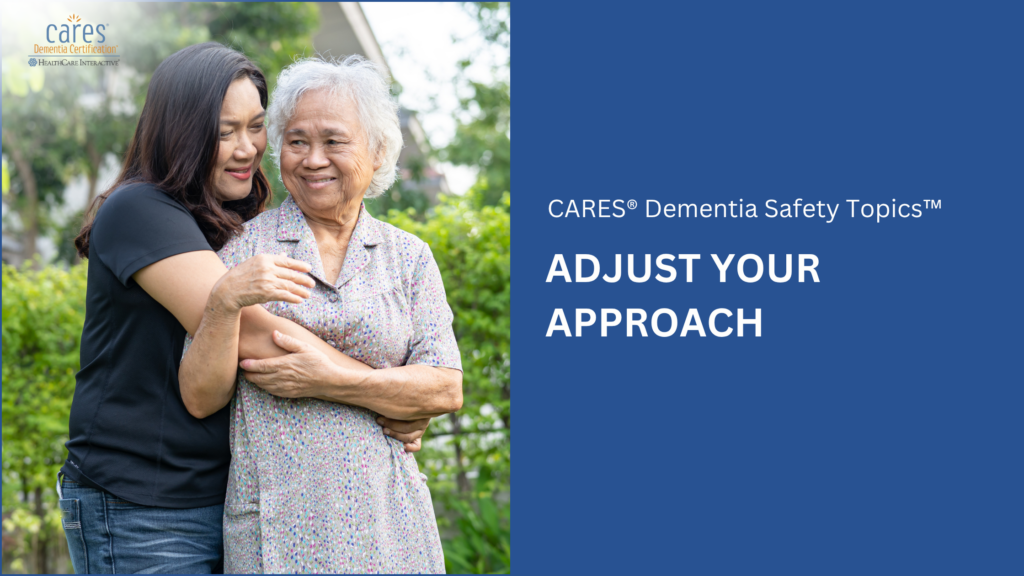When interacting with someone who has Alzheimer’s disease or a related form of dementia, it’s essential to focus on their abilities—not just their limitations. Every person experiences dementia differently, and your approach should reflect what they can still do, feel, and enjoy.
Adjusting to Their Abilities
People living with dementia often experience gradual changes in memory, communication, and daily functioning. As a caregiver or loved one, adjusting your expectations and communication style makes a big difference. Before interacting, think about what you know of their current abilities. Are they still responsive to music? Do they recognize certain faces or enjoy simple routines? These clues help you shape meaningful and supportive interactions.
It’s important to remember that just because someone can no longer speak clearly doesn’t mean they can’t enjoy themselves. Smile, body language, and emotional responses are still powerful forms of expression. Even nonverbal individuals may enjoy activities like listening to music, folding towels, or sitting in the garden.
The Importance of a Person-Centered Approach
Every interaction should be guided by empathy and flexibility. Speak slowly, maintain eye contact, and use simple language. Pay attention to their responses—verbal or nonverbal—and adjust as needed. When someone is confused or frustrated, a calm and reassuring tone can go a long way.
Supporting someone with dementia also means allowing them to participate in tasks they’re still capable of. Break down activities into smaller steps. If they can’t complete a task on their own, assist just enough to help them succeed without taking over entirely. These small wins help maintain confidence and dignity.
Understanding Dementia Progression
Not all types of dementia progress in the same way. Alzheimer’s disease, for example, typically moves through gradual stages. However, it isn’t always clear when one stage ends and the next begins. A person might show signs of different stages at once or move back and forth in ability from day to day.
This unpredictability means caregivers must stay flexible. What works one day may not work the next—and that’s okay. The goal isn’t perfection but presence. Being there with patience and understanding matters more than getting everything “right.”
Every Moment Matters
People with dementia may lose some abilities, but they don’t lose the need for connection, joy, and purpose. Simple, familiar activities can bring comfort and create moments of shared joy. These moments—no matter how small—add up to a better quality of life.
By adjusting your approach, focusing on remaining strengths, and staying open to change, you can support someone with dementia in meaningful and respectful ways.
Helping someone with dementia starts with understanding and support. To make that journey easier, get $25 OFF with code 2MYVB5 at checkout. Offer valid through June 30, 2025.

